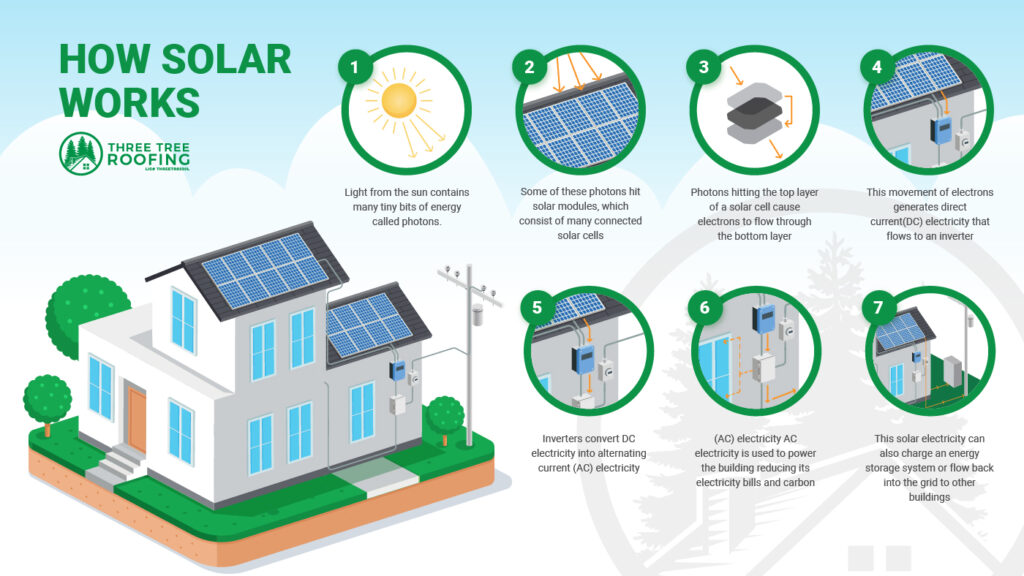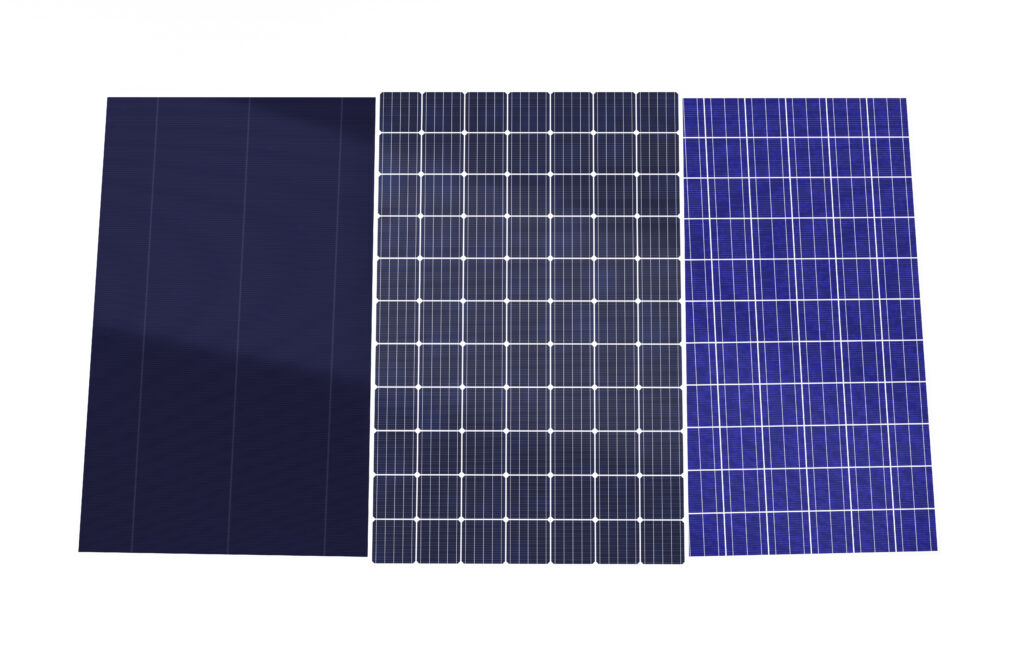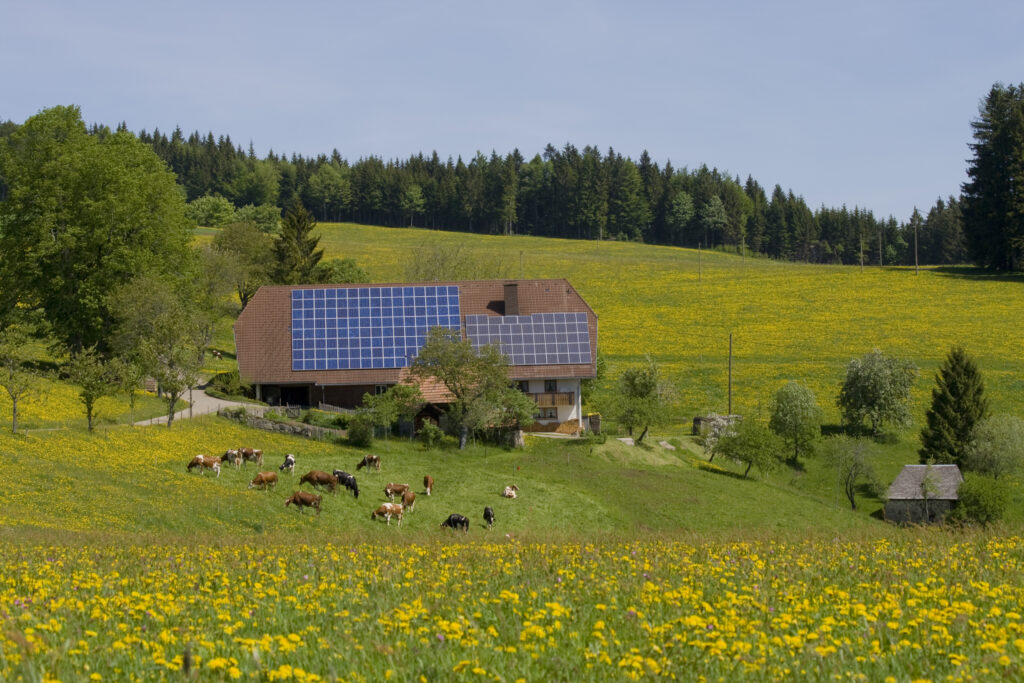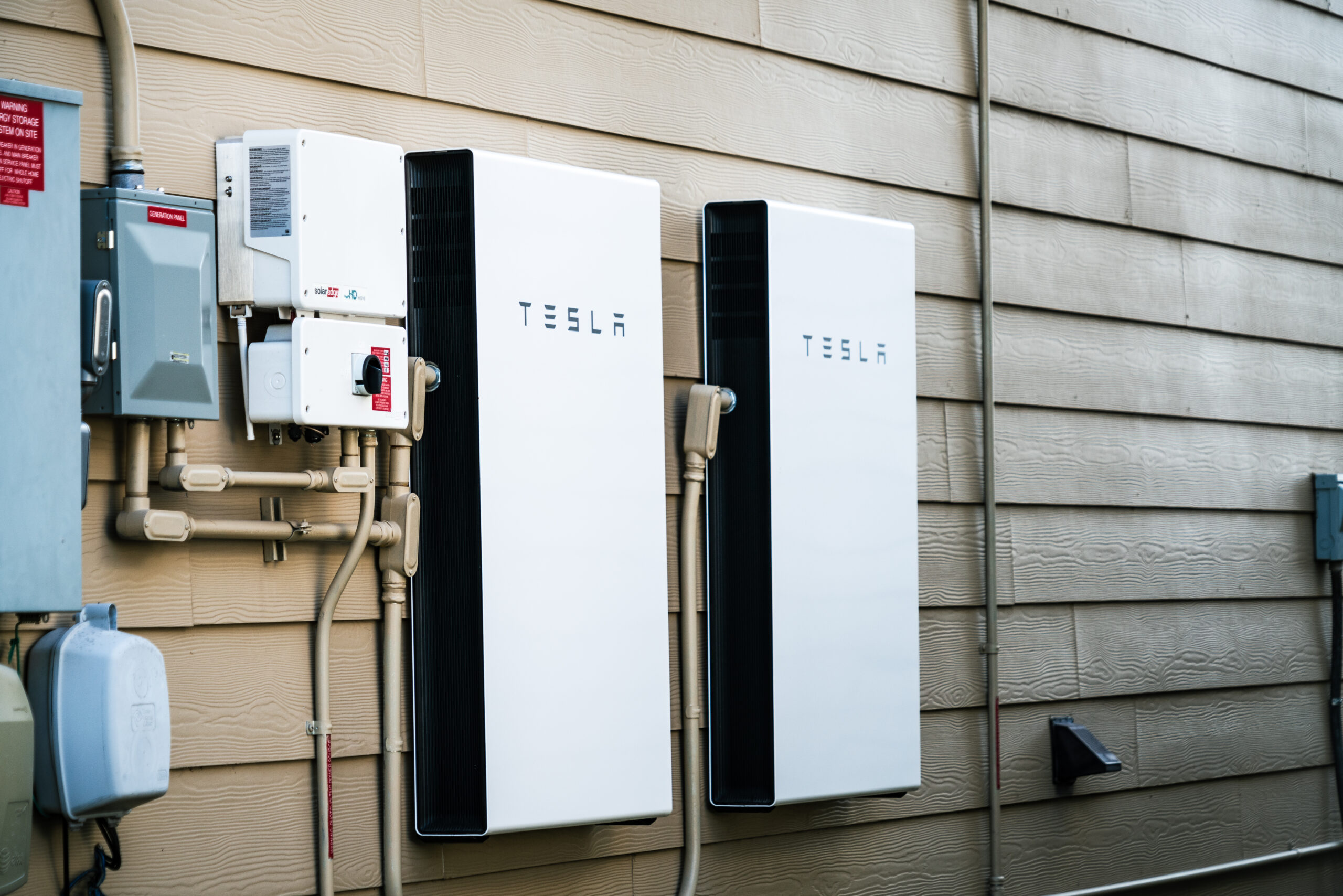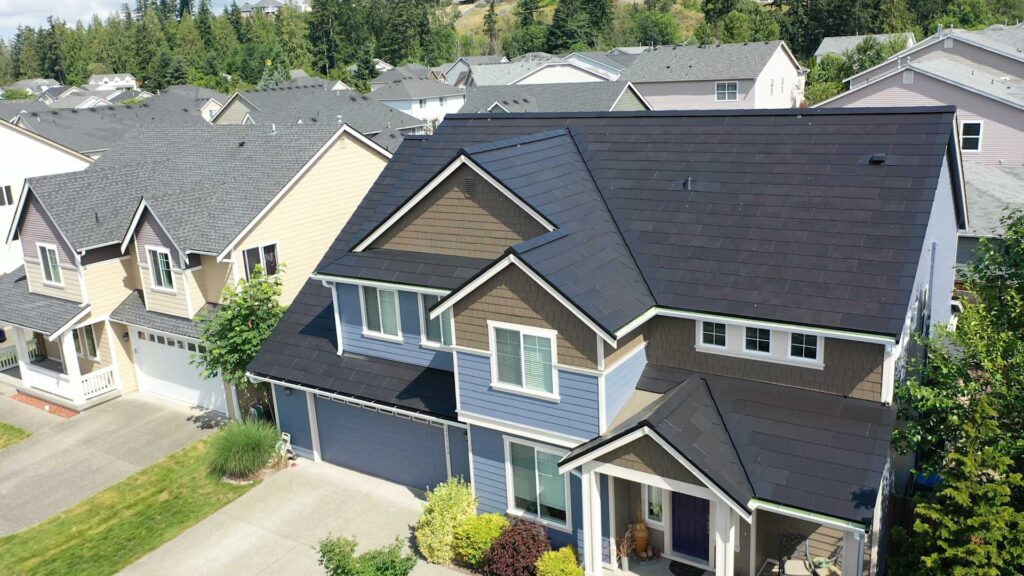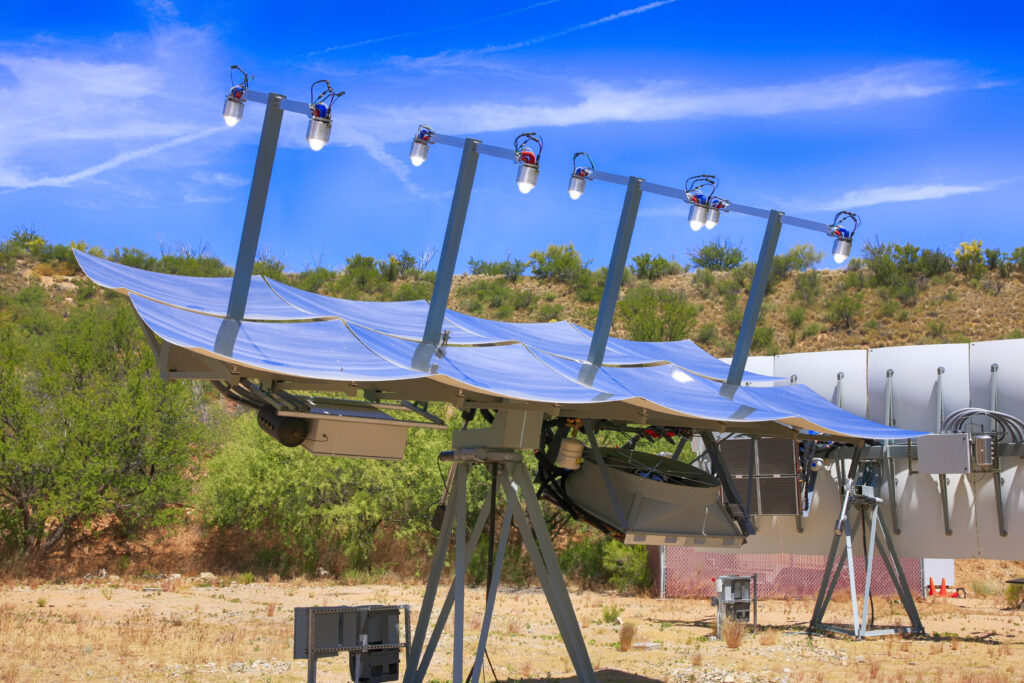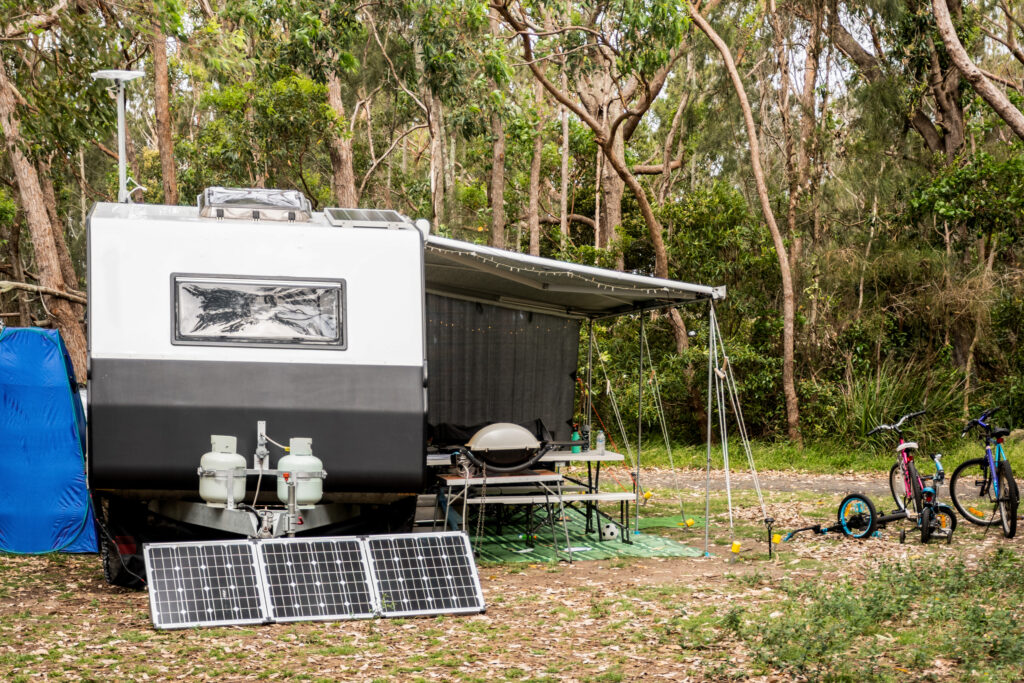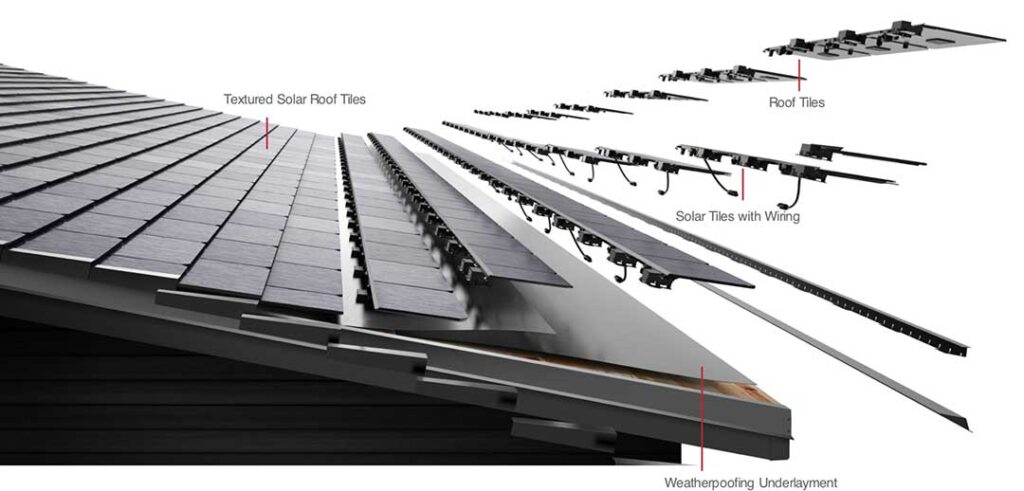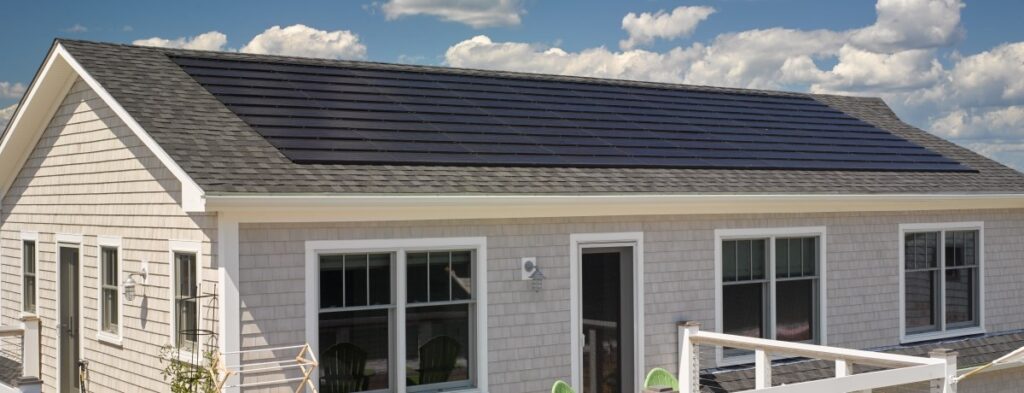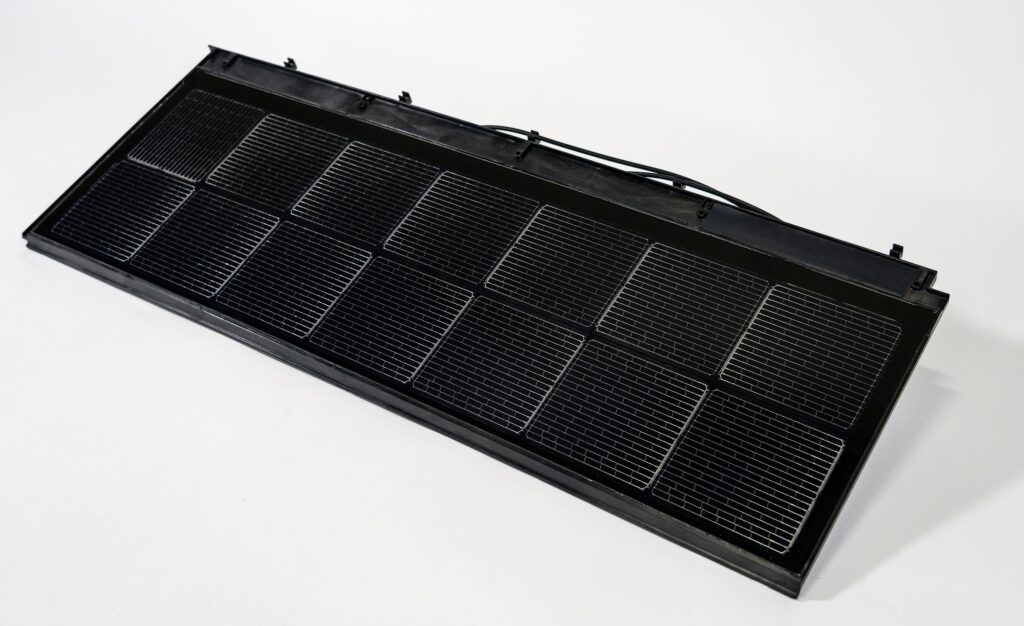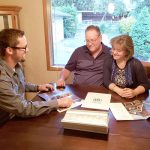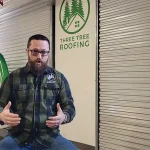How Solar Panels Work
Solar energy is derived from converting the sun's radiation into electricity through photovoltaic cells or thermal collectors. Each PV cell is made of silicon, which is a semiconductor material that can convert light into electricity. When sunlight hits a PV cell, it excites the electrons in the silicon atoms, causing them to flow and generate an electric current. This direct current (DC) is then sent to an inverter, which converts it into alternating current (AC) that can be used to power your home.
The use of these technologies enables us to generate power without generating any emissions. In addition to being clean, inexpensive, and reliable, solar-powered systems are also low maintenance and highly efficient. This makes them an attractive option for homeowners who want to reduce their reliance on traditional sources of energy like oil and gas.
ROOFER PRO TIP: Learn more about all aspects of preparing your home for solar panel installation, from understanding codes to assessing feasibility, ensuring a smooth process and optimal operation with our guide:
Preparing Your Home and Roof for Solar Panel Installation: A Comprehensive Guide for 2023
Types of Solar Panels
There are several types of solar panels available in the market. Below are the most common types of solar panels.
Monocrystalline Solar Panels are made from a single, high-purity silicon crystal, which makes them highly efficient and space-efficient. They are usually more expensive than other types of solar panels but have a longer lifespan and higher energy output.
Polycrystalline Solar Panels are made from multiple silicon crystals, which makes them slightly less efficient than monocrystalline solar panels. They are also less expensive and can be a good option for homeowners on a budget.
Thin-Film Solar Panels are made from a thin layer of photovoltaic material, which makes them lightweight and flexible. They are less efficient than monocrystalline or polycrystalline solar panels but can be a good option for certain applications, such as portable solar systems.
Bifacial Solar Panels have a transparent backside, which allows them to capture sunlight from both sides of the panel, increasing their energy output. They are typically more expensive than monocrystalline or polycrystalline solar panels.
ROOFER PRO TIP: Monocrystalline Solar Panels are most commonly installed on residential homes.
What are My Options for Solar Energy Systems?
We have discussed factors to consider when assessing your home's suitability for solar. Now we are moving on to discuss the various types of solar systems available. Grid-tied Solar Systems are the most common type of solar system. They are connected to the utility grid, allowing excess energy produced by the panels to be sold back to the grid, and ensuring a steady supply of electricity when the solar panels are not producing energy.
Off-grid Solar Systems
Off-grid Solar Systems are not connected to the utility grid and are designed to provide all of the electricity needs for a home or property. These systems require a battery bank to store excess energy produced during the day for use at night or during periods of low solar production.
Hybrid Solar Systems
Hybrid Solar Systems are a combination of grid-tied and off-grid solar systems. They allow for energy storage in batteries and can switch between drawing energy from the grid and the battery bank depending on the needs of the home.
Building-Integrated Photovoltaics (BIPV) Systems
Building-Integrated Photovoltaics (BIPV) Systems integrate solar panels directly into the design of a building's roof or walls. This type of system can replace traditional building materials and provide a clean and aesthetically pleasing energy source.
Concentrated Solar Power (CSP) Systems
Concentrated Solar Power (CSP) Systems use mirrors or lenses to concentrate sunlight onto a small area, which heats a fluid to generate steam and produce electricity. This technology is typically used in large-scale utility installations and not generally used for residential solar systems.
Portable Solar Systems
Portable Solar Systems are designed to be easily transported and set up for use in remote areas or for outdoor activities like camping or RV trips and not generally used for residential solar systems.
Community Solar Systems
Community Solar Systems are shared solar installations that allow multiple people to benefit from a single solar array. This type of system is especially useful for those who do not have suitable roofs for solar installations or cannot afford a solar installation on their own.
Solar Panel Manufacturers
There are varying opinions on who is the best solar panel manufacturer. SolarReviews released there 2023 Best Solar Panel Manufacturers list. Their scoring system aims to provide homeowners with insight into the likely quality and performance of solar panels over their full life. They lists the top 10 solar panel manufacturers in 2023.
The ranking factors and the weights assigned to each were listed as follows: Value (30%), Module quality (20%), Company financial performance (20%), Warranty (10%), U.S. investment (10%), and Dealer network (10%). Just like with roofing it is important to consider each factors when purchasing solar panels as they are a long-term investment. Here are the results listing the company and the category of award received:
- Qcells - Elite
- Canadian Solar - Elite
- SunPower (Maxeon) - Elite
- REC Group - Elite
- Jinko Solar - Elite
- JA Solar Technology - Elite
- Silfab Solar - Excellent
- Mission Solar - Excellent
- Hyundai - Excellent
- Phono Solar - Excellent
Tesla Solar Roof
Tesla is a company that produces the Tesla Solar Roof solar system. Being a newer solar system manufacturer, their market share in the solar energy systems industry is relatively small compared to some of the other manufacturers.
Tesla is a well-known company that produces high-quality products, with a focus on electric vehicles and energy storage solutions, such as their Powerwall and Powerpack systems, in addition to solar energy systems manufacturing. Tesla has recently been ramping up their solar panel production. Count on them becoming a more significant player in the market in the future.
CertainTeed Solstice Shingle: New, Sleek, Efficient Solar Panel Option
The CertainTeed Solstice Shingle is a groundbreaking integrated solar roofing solution that seamlessly blends with traditional shingles. This innovative product offers a sleek appearance without the bulk of conventional solar panels and generates an impressive 70 KW of power. The watertight construction ensures added protection against water intrusion, while its superior performance under diffused light and shade maximizes energy production. As a CertainTeed 5-Star Certified Contractor, Three Tree Roofing provides a comprehensive 25-year warranty on this eco-friendly and affordable solar solution for your home.
Learn more about the CertainTeed Solstice Shingle
Solar System Installers
Choosing a reputable and experienced solar installer is similar to choosing a roofer and is just as important as selecting the right solar panels. Solar system installers are responsible for designing, installing, and maintaining your solar energy system. A professional and knowledgeable installer can ensure that your solar panel system is installed safely, correctly, and efficiently, which can save you time and money in the long run. It's important to research and compare different solar installers in your area, looking at their experience, qualifications, customer reviews, and warranties. You may also want to consider choosing an installer that offers ongoing maintenance and support for solar energy systems.
Best Seattle Solar Installer
Artisan Electric is a solar installer serving the Seattle area and has a reputation for quality work and exceptional customer service. We have worked with Artisan on several roofing projects. With years of experience in the industry, their team of experts can guide homeowners through the process of selecting the best solar panel system for their home and provide a hassle-free installation experience. As a locally owned and operated company, Artisan Electric is committed to the Seattle community and has a track record of delivering reliable and cost-effective solar solutions to their customers.
In the Seattle Area and Need a Roof?
If your roof is not in good condition, you may need to replace your roof with a new roof before installing solar panels. If you are in the Seattle area, call us (206-312-7663 [ROOF]) to provide a free estimate for a roof replacement to get your roof solar ready.
